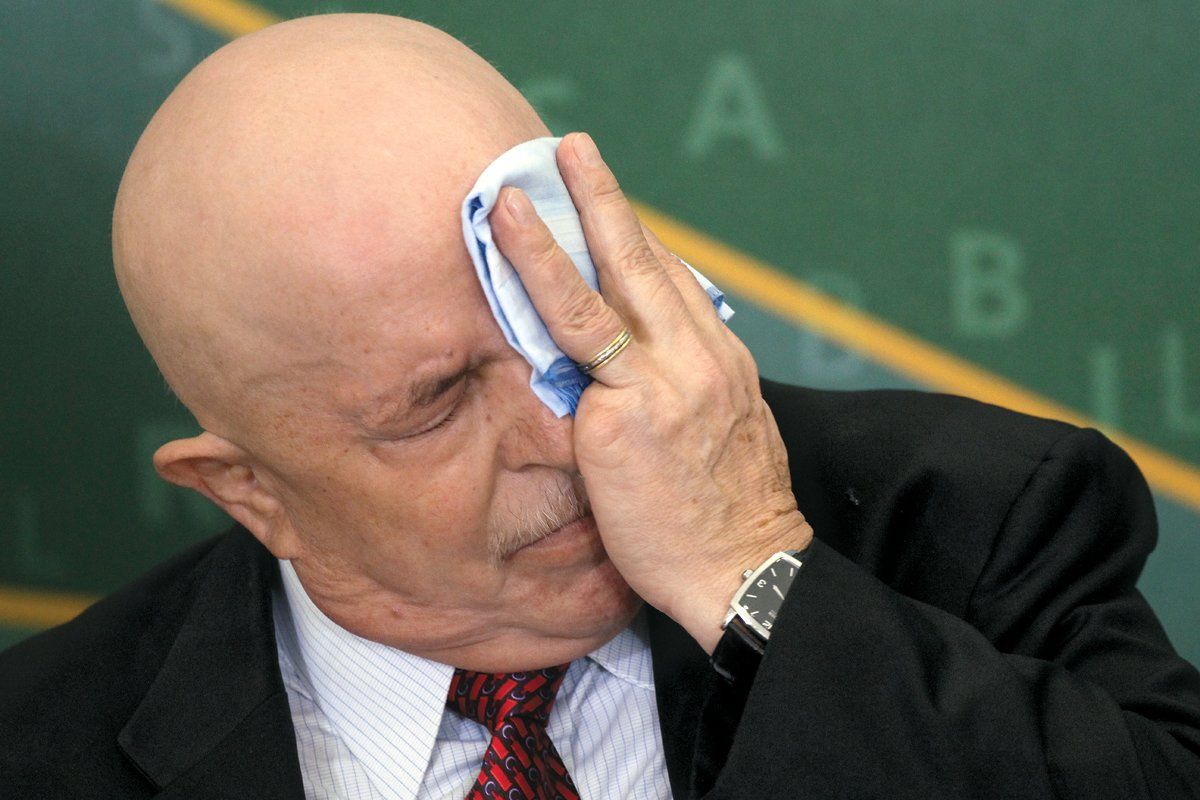
To the suits in Brasília, it's simply Penal Action Case 470. For everyone else in Brazil, it's the trial of the century. Known colloquially as the mensalão—the monthly payoff scandal—the case will decide the fortunes of some three dozen high-profile former government officials and prominent executives who stand accused of a farrago of felonies, from money laundering to buying votes. More than the fate of the 37 defendants, however, the case currently unfolding in the Supreme Court—and being followed gavel to gavel in real time by millions of Brazilians—will also say a great deal about the rule of law and the quality of democracy in Latin America's most powerful country. Togaed and taciturn, Brazil's 11 Supreme Court justices haven't been under this much scrutiny since the trial of disgraced former president Fernando Collor de Mello, who in 1992 resigned under a cloud of misdeeds (though he was eventually cleared of corruption). And yet the scope and impact of the mensalão—according to prosecutors it stretched from the national Congress to the presidential palace—is potentially far more devastating.
Back in 2005, the mensalão started pedestrianly enough, when a midlevel postal-service bureaucrat was caught on film pocketing a modest bribe (around $1,500) in exchange for a promise to favor certain businesses in landing government contracts. But when top aides to then-president Luiz Inácio Lula da Silva sought to wash their hands of the scandal, the kleptocrat's political godfather, veteran legislator Roberto Jefferson, flew into a snit. A minority boss in Lula's multiparty governing alliance, Jefferson told of a massive vote-buying scheme in Brasília, accusing higher-ups in the ruling Workers Party of dishing out fat monthly payments to lawmakers willing to back government initiatives in Congress. Though short on hard evidence, Jefferson described the payola scam in lavish detail, including tales of attaché cases of cash changing hands behind locked doors. The scandal grew, toppling a covey of senior officials, including Lula's chief of staff, José Dirceu, whom the attorney general later called the "leader of a sophisticated criminal organization." If the high court agrees, Dirceu and the other defendants could collectively face hundreds of years of jail time. And while Lula is not on trial, the reputation of Brazil's wildly popular and hitherto Teflon everyman could be ruined.
Shopping for votes is hardly news in Brasília, where presidents rarely enjoy a congressional majority and so routinely grovel and bargain for support among lawmakers, who change allegiances like they change socks. Others note that corruption is a work in progress, ever adjusting to the shifting opportunities afforded by a bloated bureaucracy. Political "parties are created to earn [government] postings not as representative entities," Demétrio Magnoli, a Brazilian social scientist, told a gathering at a recent seminar in São Paulo. Exhibit A: Brazil's 24,000 public-service jobs, which can be gifted or withheld at the sole discretion of the president. Still, there is evidence that corruption has declined over the past decade. Since 2003, the federal auditor's office has fired nearly 4,000 employees from public service, most of them on charges of corruption and improbity. Federal comptrollers also have blacklisted some 2,000 companies and nearly 3,000 individuals from public tenders for suspect business practices. Yet much is still riding on the word of the high bench. "Brazil is at a critical juncture," says Carlos Pereira, a political analyst at the Rio de Janeiro–based Getulio Vargas Foundation. "Failing to punish the corrupt will reinforce the idea that the rich are immune from punishment, while jail is for the poor and black." That is a story Brazilians know all too well.
Uncommon Knowledge
Newsweek is committed to challenging conventional wisdom and finding connections in the search for common ground.
Newsweek is committed to challenging conventional wisdom and finding connections in the search for common ground.
About the writer
To read how Newsweek uses AI as a newsroom tool, Click here.






